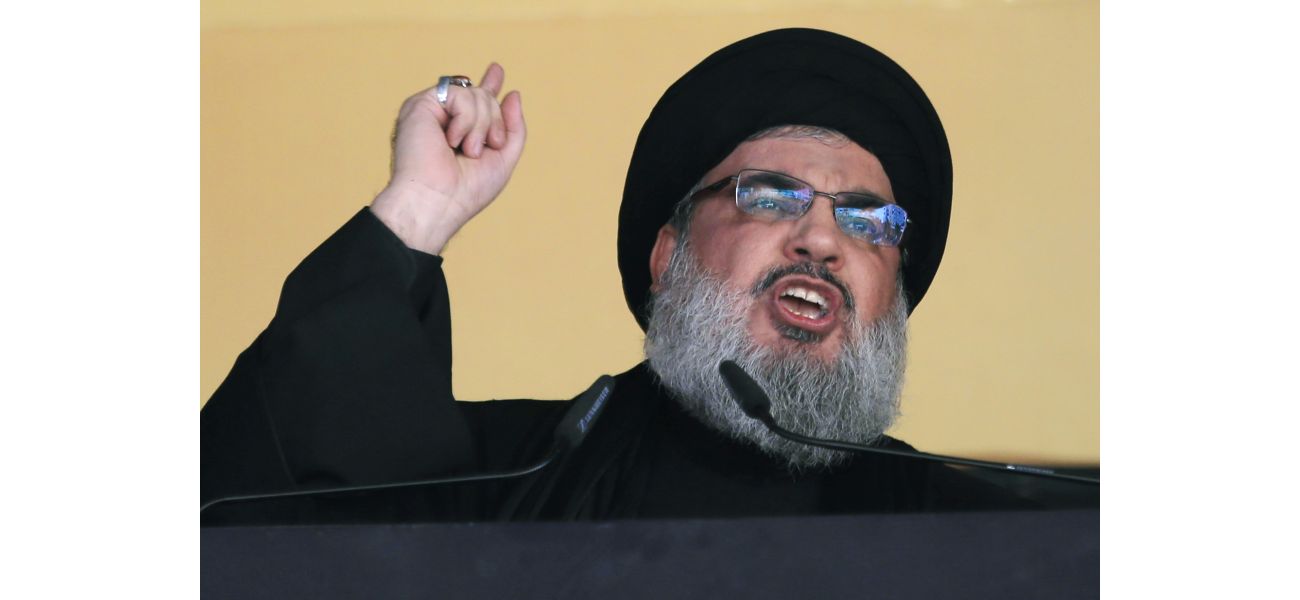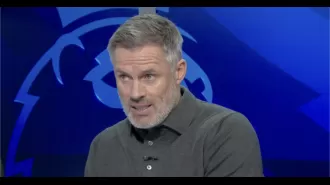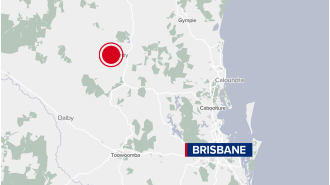Hassan Nasrallah was a prominent figure and leader of the militant group Hezbollah for many years.
Hassan Nasrallah has been the leader of Hezbollah for 30 years, turning it into a strong paramilitary force in the Middle East.
September 28th 2024.

Hezbollah leader Hassan Nasrallah has been at the helm of the Lebanese militant group for the past thirty years, during which time he has transformed it into one of the most formidable paramilitary organizations in the Middle East. On Saturday, it was confirmed that Nasrallah, one of the founders of Hezbollah, was killed in an Israeli airstrike in Beirut. This marked a significant escalation in the ongoing conflict between Israel and Hezbollah, with Nasrallah being the most powerful target to be killed by Israel in recent weeks.
So, who was Hassan Nasrallah? At 64 years old, he was a seasoned leader who had led Hezbollah through numerous wars against Israel and played a crucial role in the Syrian conflict, helping to shift the balance of power in favor of President Bashar Assad. Nasrallah was an astute strategist, who had solidified alliances with Shiite religious leaders in Iran and Palestinian militant groups like Hamas, making Hezbollah a formidable enemy of Israel.
Nasrallah was highly revered by his followers, particularly the Shiite community in Lebanon, and had earned the title of sayyid, a prestigious honorific given to Shiite clerics tracing their lineage back to Prophet Muhammad. Despite being viewed as an extremist by the United States and the West, Nasrallah was considered a pragmatist by many, especially when compared to the militants who had dominated Hezbollah in its early years.
Nasrallah's rise to power was not without its challenges. Born into a poor Shiite family in Beirut, he joined the Amal movement before becoming one of the founders of Hezbollah. The group was initially formed by Iranian Revolutionary Guard members who had come to Lebanon to fight against the Israeli invasion in 1982. Nasrallah's influence within Hezbollah grew, and he was chosen as its secretary-general in 1992, following the death of its leader Sayyed Abbas Musawi. This was also the same year that the United States designated Hezbollah as a terrorist organization.
Under Nasrallah's leadership, Hezbollah was credited with forcing the Israeli army to withdraw from southern Lebanon in 2000 after an 18-year occupation. However, this came at a great personal cost to Nasrallah, as his eldest son Hadi was killed while fighting against Israeli forces in 1997. Despite this tragedy, Nasrallah rose to iconic status in Lebanon and the Arab world, thanks to Hezbollah's own radio and satellite TV station that broadcasted his messages.
In 2006, Nasrallah led Hezbollah in a 34-day war against Israel, which ended in a stalemate. However, it further solidified his status as a revered leader within Lebanon and the Arab world. When the Syrian civil war erupted in 2011, Nasrallah again proved his loyalty to his allies by sending Hezbollah fighters to support Assad's forces, despite the backlash from the Arab world.
In the recent conflict between Israel and Hamas, Nasrallah declared that Hezbollah was a "backup front" for Gaza and launched attacks on Israeli military posts along the border. He maintained a defiant tone throughout the conflict, even as tensions rose and Israel targeted top Hezbollah commanders and infrastructure. Despite the losses suffered by his group, Nasrallah remained resolute in his stance to continue attacking Israel until a ceasefire was reached in Gaza.
So, who was Hassan Nasrallah? At 64 years old, he was a seasoned leader who had led Hezbollah through numerous wars against Israel and played a crucial role in the Syrian conflict, helping to shift the balance of power in favor of President Bashar Assad. Nasrallah was an astute strategist, who had solidified alliances with Shiite religious leaders in Iran and Palestinian militant groups like Hamas, making Hezbollah a formidable enemy of Israel.
Nasrallah was highly revered by his followers, particularly the Shiite community in Lebanon, and had earned the title of sayyid, a prestigious honorific given to Shiite clerics tracing their lineage back to Prophet Muhammad. Despite being viewed as an extremist by the United States and the West, Nasrallah was considered a pragmatist by many, especially when compared to the militants who had dominated Hezbollah in its early years.
Nasrallah's rise to power was not without its challenges. Born into a poor Shiite family in Beirut, he joined the Amal movement before becoming one of the founders of Hezbollah. The group was initially formed by Iranian Revolutionary Guard members who had come to Lebanon to fight against the Israeli invasion in 1982. Nasrallah's influence within Hezbollah grew, and he was chosen as its secretary-general in 1992, following the death of its leader Sayyed Abbas Musawi. This was also the same year that the United States designated Hezbollah as a terrorist organization.
Under Nasrallah's leadership, Hezbollah was credited with forcing the Israeli army to withdraw from southern Lebanon in 2000 after an 18-year occupation. However, this came at a great personal cost to Nasrallah, as his eldest son Hadi was killed while fighting against Israeli forces in 1997. Despite this tragedy, Nasrallah rose to iconic status in Lebanon and the Arab world, thanks to Hezbollah's own radio and satellite TV station that broadcasted his messages.
In 2006, Nasrallah led Hezbollah in a 34-day war against Israel, which ended in a stalemate. However, it further solidified his status as a revered leader within Lebanon and the Arab world. When the Syrian civil war erupted in 2011, Nasrallah again proved his loyalty to his allies by sending Hezbollah fighters to support Assad's forces, despite the backlash from the Arab world.
In the recent conflict between Israel and Hamas, Nasrallah declared that Hezbollah was a "backup front" for Gaza and launched attacks on Israeli military posts along the border. He maintained a defiant tone throughout the conflict, even as tensions rose and Israel targeted top Hezbollah commanders and infrastructure. Despite the losses suffered by his group, Nasrallah remained resolute in his stance to continue attacking Israel until a ceasefire was reached in Gaza.
[This article has been trending online recently and has been generated with AI. Your feed is customized.]
[Generative AI is experimental.]
0
0
Submit Comment





